Many animal species live in groups to derive benefits for foraging and predator avoidance. Another potential benefit is a reduction in routine energy expenditure for each individual within the group as they share duties for anti-predator vigilance. There may also be a ‘calming effect’, whereby individuals in group experience decreased stress and energy expenditure compared to isolated individuals. In a new study on the cover of this month’s Journal of Experimental Biology, Shaun Killen, Lauren Nadler, and colleagues at James Cooke University in Australia examined these issues by measuring metabolic and growth rates in individual damselfish (Chromis viridis) with and without visual and olfactory cues from groups of other fish of the same species. They found that individuals in shoals reduced their metabolic rate by 26% from their metabolic rate when alone. As increased extreme weather events may lead to forced social isolation in gregarious fishes, this could have repercussions for individual energy budgets. Photo credit: Eva McClure. Read more in the open access article here!:
http://jeb.biologists.org/content/219/18/2802
Nadler, L.E., Killen, S.S., McClure, E.C., Munday, P.L., McCormick, M.I. 2016. Shoaling reduces metabolic rate in a gregarious coral reef fish species. Journal of Experimental Biology. 219: 2802-2805. doi: 10.1242/jeb.139493

